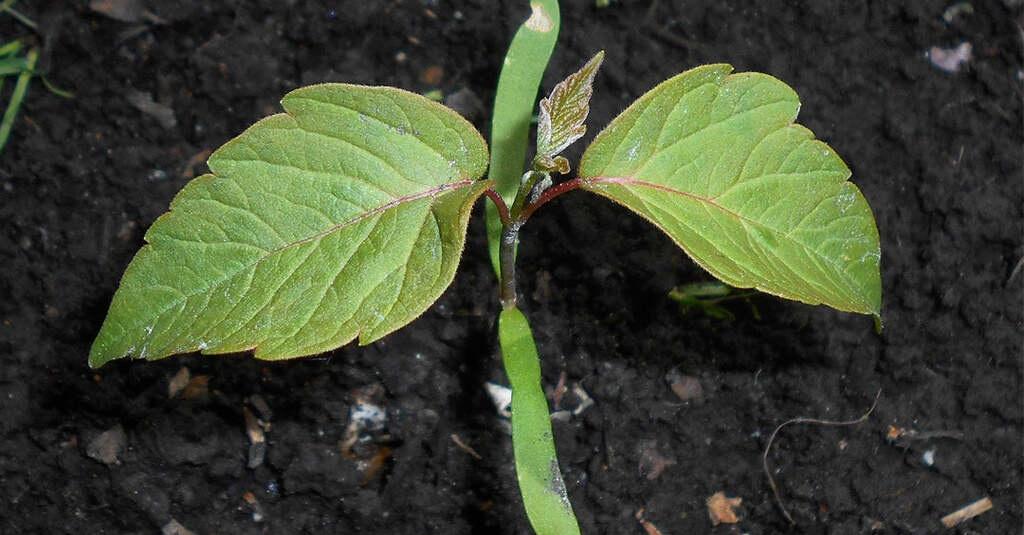Are you curious to know what is total soluble solids? You have come to the right place as I am going to tell you everything about total soluble solids in a very simple explanation. Without further discussion let’s begin to know what is total soluble solids?
When it comes to evaluating the quality and taste of fruits, vegetables, and beverages, the measurement of Total Soluble Solids (TSS) plays a crucial role. TSS is a significant parameter that determines the sweetness, flavor, and overall sensory experience of various agricultural products. In this blog post, we will delve into the concept of Total Soluble Solids, its measurement, and its significance in assessing the quality of natural produce.
What Is Total Soluble Solids?
Total Soluble Solids refers to the concentration of dissolved solids in a liquid or juice, typically expressed as a percentage or degree Brix. These solids primarily consist of sugars, organic acids, and other soluble compounds present in the substance being measured. TSS measurement is commonly used in the agricultural and food industries to determine the sweetness and flavor profile of fruits, vegetables, juices, and other related products.
Measurement Of Total Soluble Solids:
The most common method for measuring Total Soluble Solids is through the use of a refractometer, which calculates the refractive index of a liquid sample. The refractive index is influenced by the concentration of dissolved solids in the sample, allowing for the estimation of TSS. The measurement is often expressed in degrees Brix, which represents the percentage of sucrose by weight in a sugar solution with the same refractive index.
Significance In Quality Assessment:
1. Sweetness and Flavor Evaluation:
Total Soluble Solids measurement provides an indication of the sweetness and flavor intensity of fruits and other natural products. Higher TSS levels generally correlate with sweeter and more flavorful produce, indicating a desirable sensory experience for consumers.
2. Maturity and Ripeness Assessment:
TSS is often used as an indicator of fruit maturity and ripeness. As fruits ripen, their TSS levels tend to increase, reflecting the accumulation of sugars and other soluble compounds. Monitoring TSS can help farmers and producers determine the optimal harvest time to ensure the desired sweetness and quality of the crop.
3. Quality Consistency:
For producers and manufacturers, measuring TSS ensures consistency in product quality. By monitoring TSS levels, they can maintain a consistent sweetness profile across batches, ensuring that consumers receive a reliable and satisfying product every time.
4. Juice and Beverage Industry:
In the juice and beverage industry, TSS is a critical parameter in determining the taste and quality of the final product. The TSS measurement helps manufacturers maintain consistent sweetness levels in juices, nectars, and other beverages, allowing them to meet consumer preferences and expectations.
5. Shelf Life and Preservation:
TSS measurement can also aid in assessing the shelf life and preservation of food products. Higher TSS levels, indicating higher sugar content, contribute to the preservation of fruits and vegetables by inhibiting the growth of microorganisms and delaying spoilage.
Conclusion:
Total Soluble Solids measurement is a valuable tool in evaluating the sweetness, flavor, and overall quality of fruits, vegetables, and beverages. By quantifying the concentration of dissolved solids, particularly sugars, TSS provides insights into the sensory experience consumers can expect from natural produce. Producers, farmers, and manufacturers rely on TSS measurement to assess ripeness, maintain quality consistency, and meet consumer demands for sweetness and flavor. With Total Soluble Solids, we can appreciate the inherent sweetness of nature’s bounty and make informed choices about the produce we consume.
FAQ
What Are Total Soluble Solids Examples?
Fruit juices, wine, nectars, and other beverages all contain soluble solids. Total Soluble Solids (TSS) refers to the total amount of soluble constituents of the juice, wine or other beverage. These are mainly sugars, with smaller amounts of amino acids, pectin, and organic acids.
What Is Total Soluble Solids In Food?
The total soluble solids content (TSSC), expressed as a percentage of fresh matter mass, shows high positive correlation with sugars content, and is therefore generally accepted as an important quality trait of fruits.
What Is The Total Soluble Solids In Water?
Water can be classified by the level of total dissolved solids (TDS) in the water: Fresh water: TDS is less than 1,000 ppm. Brackish water: TDS = 1,000 to 10,000 ppm. Saline water: TDS = 10,000 to 35,000 ppm.
What Is Total Solid And Total Soluble Solid?
These particles, or ‘solids’, can be divided into two types by passing the water through a filter. The particles that are large enough to be held back by the filter are called total suspended solids (TSS), while the particles that pass through the filter are called total dissolved solids (TDS).
I Have Covered All The Following Queries And Topics In The Above Article
What Is Total Soluble Solids In Fruits
What Is Total Soluble Solids
What does total soluble solids indicate
What is the difference between soluble and dissolved solids?



